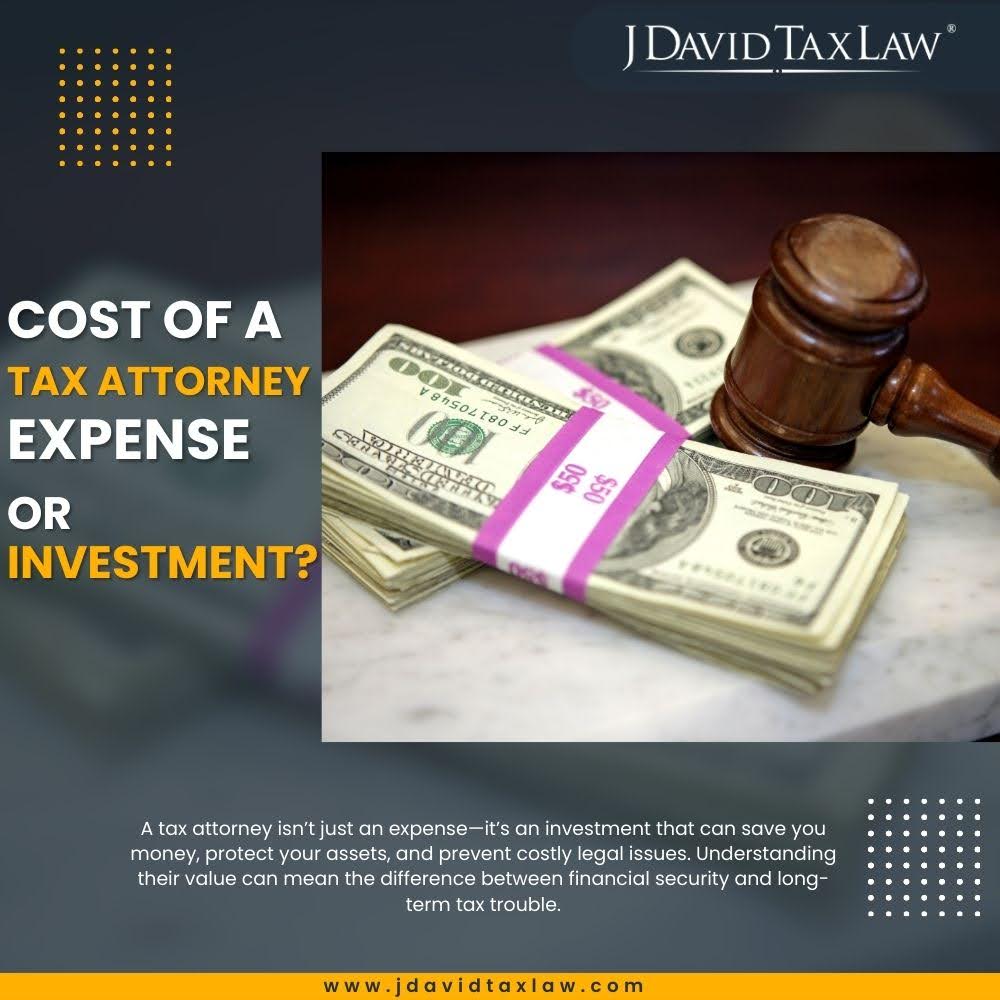A tax attorney specializes in handling tax matters and provides essential legal advice on tax issues. Hiring one means understanding the costs, which vary by experience, case complexity, and location. Some people view these costs as a necessary expense; others see them as a smart investment that can influence financial outcomes, legal protection, and peace of mind.
For many, the benefits of hiring a tax attorney—professional guidance, potential tax savings, and effective representation during IRS audits—outweigh the costs.
Understanding the Role of Tax Attorneys
Tax attorneys focus exclusively on tax law. Their deep knowledge of the Internal Revenue Code and IRS procedures makes them well suited to complex situations, unlike general practitioners who handle a broader range of matters.
Common services include:
- Handling Tax Disputes and IRS Audits: Representation during IRS audits and disputes, guidance on responses to IRS inquiries, and protection of your rights—often reducing exposure to additional tax and penalties.
- Tax Debt Relief and Penalty Abatement: Negotiating payment plans, settling balances, and pursuing relief from penalties to help clients avoid severe consequences like tax liens and levies.
How Much Does a Tax Attorney Cost?
Costs depend on the matter and the lawyer you choose. Fee structures are typically:
- Hourly Rates: You’re billed for time spent on meetings, research, filings, and representation. Rates vary with experience and complexity.
- Flat Fees: A fixed price for defined services (for example, handling a routine IRS notice or a specific filing). Flat fees offer predictable costs for scoped work.
Typical Costs for Tax Attorney Services
Experienced tax attorneys may charge roughly $300–$900 per hour; less experienced counsel may charge less. Flat fees range from a few hundred to several thousand dollars depending on scope and complexity. Some firms charge for initial consultations; others offer them at no cost.
Key cost drivers include:
- Issue Complexity: Years of unfiled returns, large balances, extensive records, or litigation generally increase time and cost.
- Attorney Experience: Seasoned attorneys command higher rates but can be more efficient and effective on complex matters.
- Geography: Rates tend to be higher in major metros and high cost-of-living areas.
Reasons to Hire a Tax Attorney
Viewed as an investment, a tax attorney can deliver long-term value:
- Tax Savings & Penalty Relief: Identifying deductions/credits and pursuing abatements to reduce liabilities.
- Lower Legal Risk: Helping you comply with the law to avoid allegations of evasion or fraud.
- Clarity on Complex Rules: Translating complicated statutes and regulations into clear action steps.
Risks and Consequences of Not Hiring One
- Runaway Balances: Mismanaged tax debts can snowball with penalties and interest.
- Costly Errors: Misreading rules can trigger audits, fines, and legal headaches.
- Criminal Exposure: Mishandled matters can escalate to accusations of evasion or fraud.
Tax Attorneys: Are They Worth It?
Often, yes. Specialized knowledge and targeted strategies can produce savings, better outcomes in disputes, and stronger compliance. Partnering with a firm like J. David Tax Law helps clients avoid costly mistakes and resolve problems proactively—turning an upfront cost into longer-term value.
Tax attorneys don’t just solve today’s issue; they safeguard your financial interests and help reduce future risk—making the spend more investment than expense.
Conclusion
Hiring a tax attorney can bring expert guidance, real tax savings, and effective representation. Treating the fee as an investment rather than a simple cost can pay off in long-term financial gains and peace of mind.
For personalized advice, consult with J. David Tax Law. Their experienced team can help you navigate complex issues and pursue the best possible outcome.
Your Tax Relief Questions, Answered





















